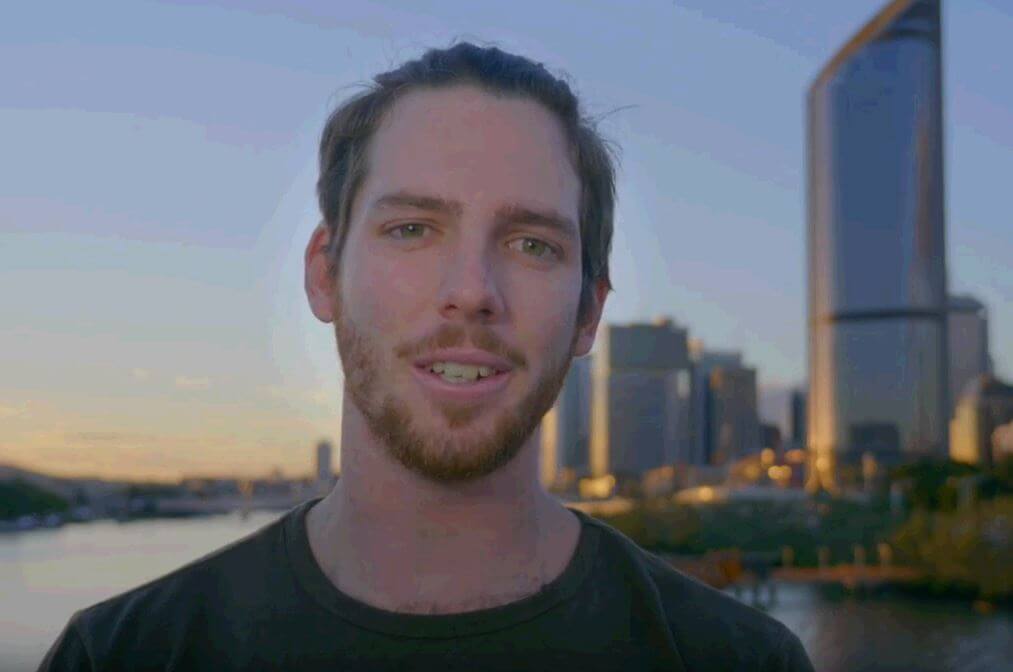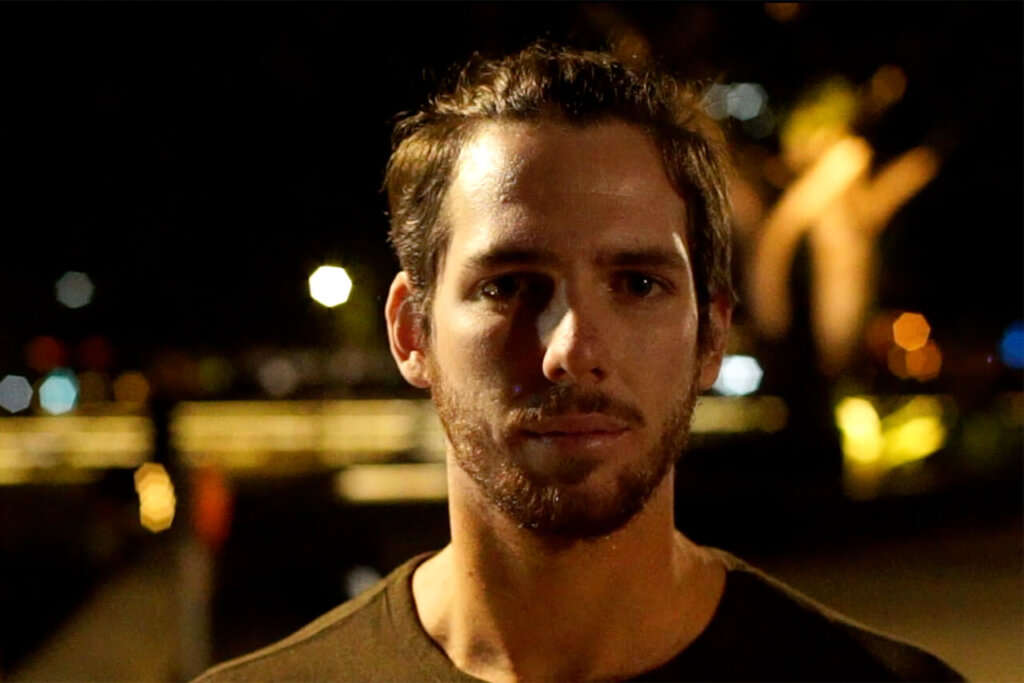The 23-year-old taking a $50bn super fund to court over climate change
In 2017, 23-year-old Mark McVeigh took the trustee of his retirement fund, the Retail Employees Superannuation Trust (REST), to the Federal Court.
On his behalf, EJA lawyers were seeking information about what the trustees knew about the impact of climate change on its investments and what they were doing to address them.
This was the first time a super fund member has taken a fund to court over lack of information about climate change risk.

Why was this case necessary?
Most Australians want to see action on climate change.
But many are unaware that the banks, superannuation and insurance funds that manage our money almost exclusively invest in coal, oil and gas and highly polluting companies.
How the trillions of dollars Australians invest in banks and superannuation funds is managed is vitally important to the transition to a clean energy economy. By making sure our savings are kept out of companies driving dangerous climate change, we can play a huge role in decarbonising our economy.
Shareholders, investors and customers are using their power to hold these institutions to account for damaging our climate and driving them away from investing in polluting fossil fuels towards investments that don’t harm our environment.

About the client
Mark McVeigh was an ecology graduate and council worker from Brisbane, Australia. He first asked for information from his superannuation fund, REST, about how it managed financial risks caused by climate change when he was 22 years’ old.
Mark is unable to access his superannuation until 2055.
"As a young person, climate change is a pretty big deal… you have got to start thinking about what the world is going to look like in 50 years' time. It's on a lot of our minds."
— Mark McVeigh
The case
In 2017, 23-year-old Mark McVeigh, took the trustee of his retirement fund, the Retail Employees Superannuation Trust (REST), to Federal Court.
He was seeking information about what the trustees knew about the impact of climate change on its investments and what they were doing to address them.
The case was brought under the Corporations Act that says super fund beneficiaries can ask for any information they need in order to make an informed decision about the management and financial condition of the fund.

This was the first time a super fund member took a fund to court over lack of information about climate change risk.
Initially the case sought only to have the super fund disclose information on climate risk.
But in 2018, McVeigh filed a new claim alleging REST had breached its obligations to protect his retirement savings from the financial devastation that will flow from climate change.
In addition to reviewing the fund’s investment strategy through a climate lens, McVeigh alleged REST’s trustee should have performed additional acts.
The first was to comply with recommendations from the Task Force on Climate-related Financial Disclosures’s (TCFD) including stress-testing investment portfolios based on limiting global warming to well below 2°C, in line with the Paris Agreement.
The second was to seek information from investment managers about the exposure of investments to climate risks and how those risks are being managed.
The case was a world first – the first time a court case sought to clarify legal duties around climate risk for super funds that control trillions of dollars of retirement savings and it could have global ramifications.
With almost $50 billion under management, REST was one of Australia’s largest asset owners and was in the top 150 pension funds in the world.
The case aimed to change the way major asset owners address climate change risks when managing other people’s money.

“I’m concerned the fund isn’t taking climate change seriously when investing my money. The world is already seeing the impacts of global warming. My money should be managed in a way that makes climate change a priority."
— Mark McVeigh

The McVeigh case is now represented by former EJA lawyer David Barnden through his new law firm, Equity Generation Lawyers.
On Monday 2 November, 2020, following more than two years of legal proceedings, Retail Employees Superannuation Trust (Rest) and 25-year-old member, Mark McVeigh, agreed to an 11th hour settlement of litigation in respect of Rest’s handling of climate change risk.

